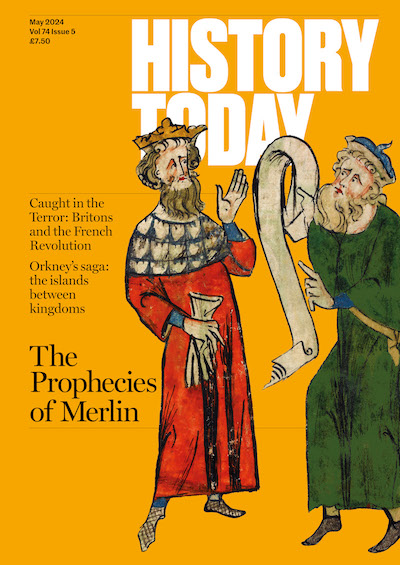The Renaissance in National Context
Three texts dealing with the transition from the Renaissance to the Modern Age
Having already edited volumes on the Enlightenment and on Romanticism 'in national context', Roy Porter and Mikulas Teich now offer a collection of essays on the Renaissance in the same contextual setting. In this instance the approach provokes misgivings. As Peter Burke observes in his introductory essay, among the clusters of collective identities which characterised the peoples of fifteenth- and sixteenth-century Europe a sense of 'national' identity was by no means dominant, in so far as it existed at all. The editors themselves and several of their contributors seem implicitly and sometimes explicitly to concede the point. Three of the volume's eleven essays deal, respectively, with 'Florence', 'Rome' and 'Venice', cities which were undoubtedly foci of civic pride and of un- questionable significance in the shaping of Renaissance culture, but scarcely 'nations' in any obvious sense of that potentially anachronistic concept.





